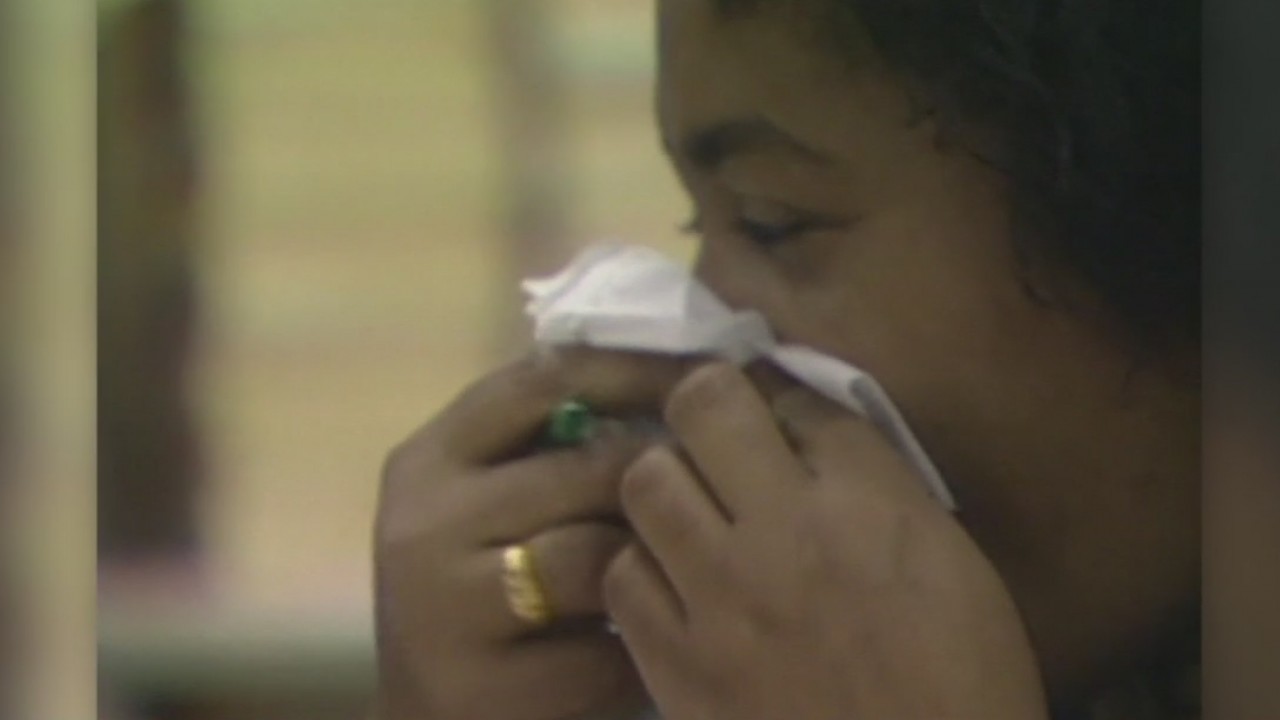Infection
Austin pharmacy seeing more sinus infections, RSV before Thanksgiving holiday
AUSTIN (KXAN) — Thanksgiving week is here, which means many people are traveling and gathering with family and friends.
The height of flu season is also near, with peak activity typically between December and February, according to the Centers for Disease Control and Prevention.
Rannon Ching, the president and chief pharmacy officer for Tarrytown Pharmacy, said the Austin pharmacy typically sees big increases in flu cases after Thanksgiving.
Recently, the pharmacy has seen mostly sinus illnesses, some ear infections in kids and an earlier-than-usual increase in RSV in children, Ching said.
“Usually RSV will peak around January or February, but now we’re starting to see it peak in November and December,” Ching said. “So I’m not quite sure why that’s happening, but that’s something to just be aware of.”
Ching added that temperatures have not dropped yet, which often leads to more sickness in colder temperatures.
Medication availability
Ching said his pharmacy is well-prepared for flu season, with penicillins and generic Tamiflus in stock. But he said there’s no guarantee about medication stock issues as more people become sick in the colder months and as doctors write more prescriptions for these illnesses.
Flu, COVID and RSV shots are widely available, Ching said.
The pharmacy has seen a larger demand for flu shots as many people prepare to see older, more vulnerable family members over the holiday. He recommends still trying to squeeze in a flu shot, even though the shot takes two weeks for full effect.
“If you get it now, even after you see family, you’ll at least have a little bit of protection,” he said.
However, the pharmacy—and pharmacies across the country—continues to see a shortage of RSV shots for children under age 2. The U.S. Food and Drug Administration approved the drug in July, and Ching said the pharmacy hoped to give more infants the shot during their first season of RSV.

